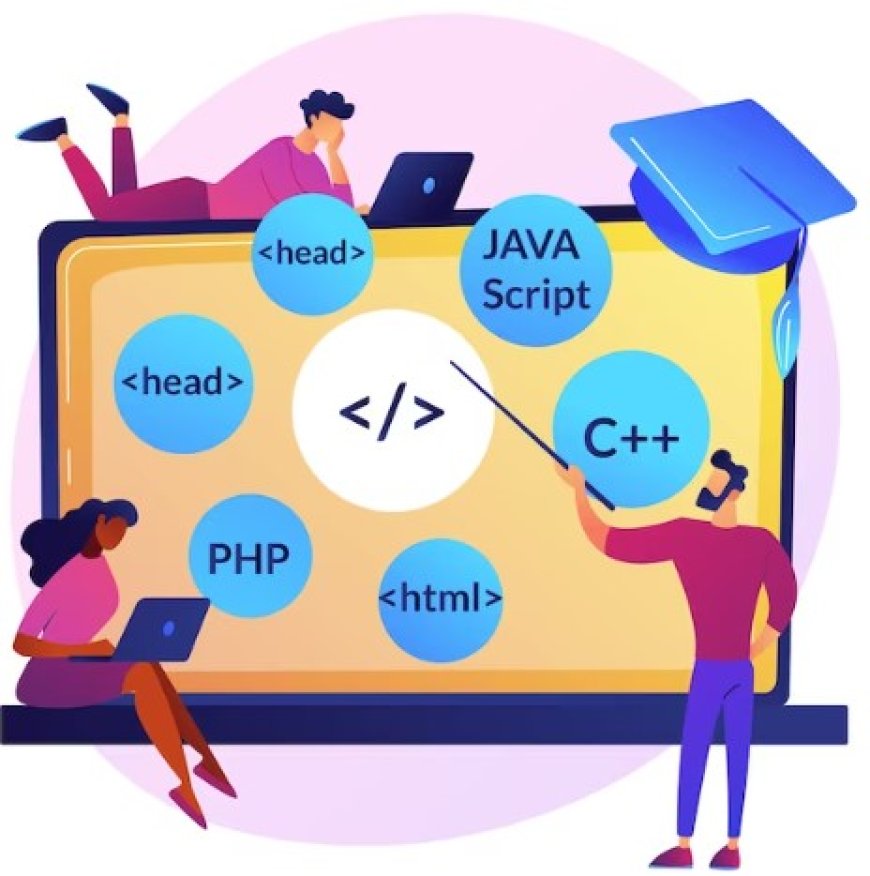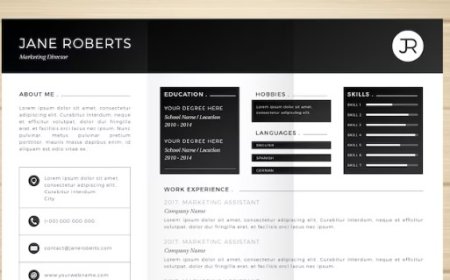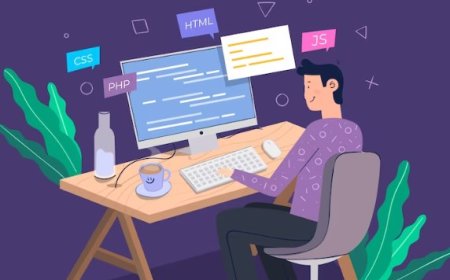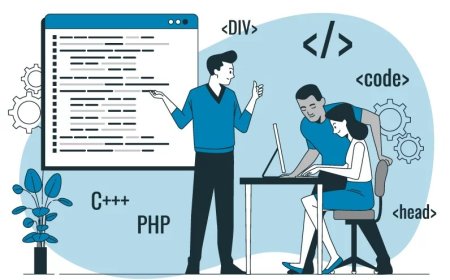Choosing the Right Full Stack Developer Institute Guide
Discover the future of full stack development with our comprehensive guide. Find the perfect institute to hone your skills and excel in this dynamic field.

In the rapidly evolving world of technology, full stack development has emerged as a prominent field with a high demand for skilled professionals. The role of a full stack developer encompasses both front-end and back-end development, making it a versatile and sought-after skill set in the industry. If you aspire to become a full stack developer and embark on a successful career in web development, selecting the right institute for your training is crucial. With numerous options available, it's important to navigate through the choices wisely to ensure you receive the best education and preparation for this dynamic field. In this blog, we will guide you through the process of choosing the right full stack developer institute, equipping you with the knowledge and insights necessary to make an informed decision that aligns with your learning goals and career aspirations.
1. Define Your Learning Goals
Defining your learning goals is a crucial step in choosing the right full stack developer institute. By clearly outlining the specific skills and technologies you want to acquire, you can assess institutes based on their curriculum and ensure they offer comprehensive training in the areas that interest you. This will help you find an institute that aligns with your learning objectives and provides the necessary resources and support to achieve your goals.
2. Research and Evaluate Institutes
Researching and evaluating full stack developer institutes is essential in choosing the right one for your educational journey. By thoroughly exploring their websites, reading student testimonials, and assessing their course offerings, you can gather valuable information about their reputation, curriculum, and quality of instruction. Consider factors such as the institute's track record, experienced faculty, practical learning opportunities, alumni network, and placement support. This research will enable you to make an informed decision and select an institute that provides industry-relevant training and sets you up for success in your full stack development career.
3. Consider the Curriculum
Review the curriculum of each institute under consideration. A well-designed full stack developer program should cover both front-end and back-end technologies. Look for a curriculum that includes topics like HTML/CSS, JavaScript, React/Angular/Vue, Node.js, databases (SQL/NoSQL), server-side frameworks (Express, Django, Ruby on Rails), version control (Git), and deployment strategies. Ensure the curriculum is up-to-date and aligned with current industry trends and practices.
4. Practical Learning Opportunities
Practical learning opportunities are crucial for full stack developers. While theoretical knowledge is essential, practical experience is what truly solidifies and reinforces the learning process. Here's why practical learning opportunities are important for full stack developers
Application of Concepts: Practical learning allows you to apply the theoretical concepts you've learned in real-world scenarios. It helps you bridge the gap between theory and practice, enabling you to understand how concepts translate into actual development tasks.
Skill Development: Full stack development involves a wide range of technical skills, such as coding, debugging, problem-solving, and working with various technologies and frameworks. Practical exercises and projects provide hands-on experience that hones these skills, helping you become proficient in using the tools and technologies required for full stack development.
Problem-Solving Abilities: Full stack developers often encounter complex challenges that require innovative problem-solving. Practical learning opportunities expose you to real-world scenarios, allowing you to tackle issues, troubleshoot code, and develop critical thinking skills. This experience enhances your ability to identify, analyze, and solve problems effectively.
Collaboration and Teamwork: Full stack developers typically work in teams, collaborating with designers, front-end developers, and back-end developers. Practical learning opportunities often involve group projects or team-based exercises, fostering teamwork and communication skills. Working with others in a practical setting prepares you for the collaborative nature of professional full stack development.
Portfolio Building: Practical projects provide you with tangible work samples to include in your portfolio. A strong portfolio showcasing your practical skills and completed projects can greatly enhance your chances of securing employment or freelance opportunities. Potential employers often value practical experience and projects that demonstrate your ability to apply your skills to real-world scenarios.
Industry Relevance: Practical learning opportunities are designed to reflect the current industry practices and trends. Institutes often update their practical exercises and projects to align with the latest technologies and methodologies used in the field. By engaging in practical learning, you stay up-to-date with the industry and gain the skills that are in demand, increasing your employability.
5. Faculty Expertise
The quality of instructors is vital in any educational institution. Look for institutes with experienced faculty members who have a strong background in full stack development. Research their credentials, industry experience, and teaching methodologies. Instructors with practical experience can provide valuable insights into the industry and share best practices. Consider attending trial classes or seeking feedback from current or former students to assess the teaching quality.
6. Alumni Network and Placements
An institute's alumni network and placement support can greatly impact your career prospects. Check if the institute has a strong network of alumni who have successfully transitioned into full stack development roles. Alumni can provide mentorship, job referrals, and valuable industry connections. Additionally, inquire about the institute's placement assistance, job placement rates, and partnerships with companies. Institutes with robust placement support can significantly enhance your chances of securing a job after completing the program.
7. Flexible Learning Options
Consider your personal circumstances and learning preferences when evaluating full stack developer institutes. Some institutes offer flexible learning options, such as part-time courses, online programs, or blended learning formats. These options can be advantageous if you need to balance your studies with work or other commitments. Ensure the institute's learning format aligns with your availability and learning style.
So, at the end, Choosing the right full stack developer institute is a critical step towards building a successful career in web development. By defining your learning goals, researching and evaluating institutes, considering the curriculum and faculty expertise, assessing practical learning opportunities, and examining alumni networks and placement support, you can make an informed decision. Remember, investing in a reputable institute that provides comprehensive training and industry exposure will lay a strong foundation for your journey as a full stack developer.





























































